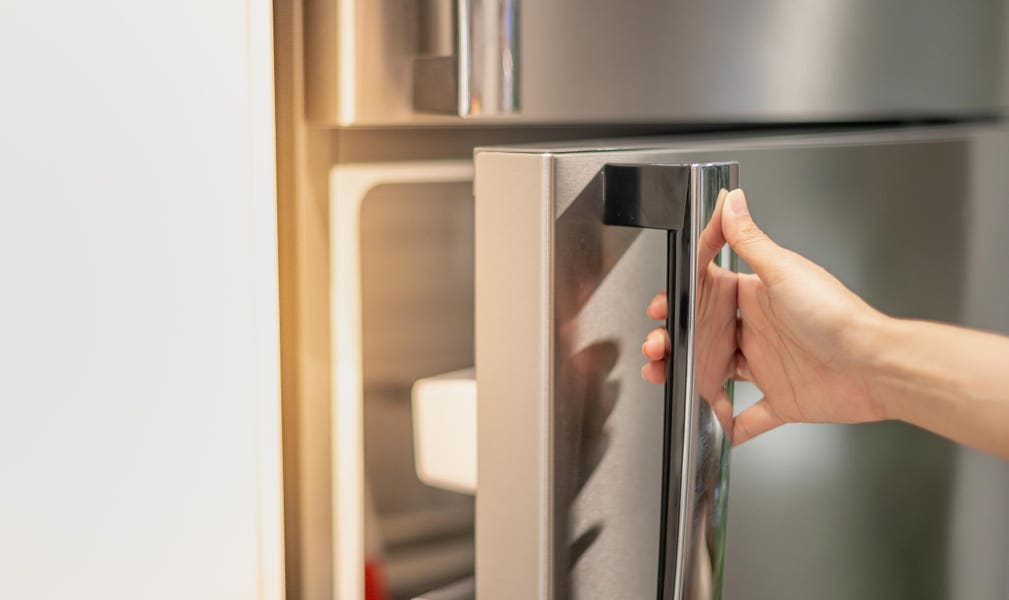After being discharged from the hospital, frail English patients are now being cared for in their own homes with the assistance of artificial intelligence.
In a southern England public hospital, the utilization of smart devices has contributed to a reduction in readmission rates.
These devices are equipped with sensors that monitor an individual’s activities. When the AI system identifies any changes in behavior indicating a potential need for additional support, it notifies the healthcare team.
Adrian McCourt, the director of facilities management company Sodexo, described how motion sensors in everyday appliances like kettles and refrigerators act as a monitoring tool to track changes in hydration and nutrition levels over time.
Non-medical staff then step in to address any issues, providing extra assistance with household chores and shopping if required.
If necessary, concerns are escalated to the medical team for further evaluation.
Through a collaborative initiative between Sodexo and Buckinghamshire Healthcare Foundation Trust (BHFT), known as the Onward Care program, 140 recently discharged patients have benefited from these technologies in their homes over the past year.
Traditionally, within six months post-discharge, 40% of vulnerable individuals who have not fully recovered end up being readmitted to the hospital.
However, among those who utilized AI tools for a year post-discharge, this readmission rate decreased significantly by 77%.
The implementation of advanced technologies such as digital monitoring systems, along with innovative programs like this one, aims to alleviate the strain on physical hospital facilities.
As the winter season approaches, the UK’s public healthcare system faces a pressing need to reduce hospital readmission rates and increase bed availability.
Challenges in transferring patients have led to a shortage of available beds, resulting in extended wait times in emergency rooms, delays in patient handovers, and slower emergency response times.
While patients may be medically fit for discharge, the lack of adequate support systems upon returning to society poses a significant concern.
Initiatives that promote post-hospitalization care not only free up hospital beds but also improve patient recovery outcomes. BHFT reports that individuals can experience a 15% decline in strength for each day spent in the hospital.
Sodexo aims to expand its collaboration with public healthcare providers to extend this program nationwide, as reported by the FT.
The Health Service Journal has recognized the Buckinghamshire pilot program, “Onward Care,” for its outstanding contribution to healthcare services.
Jenny Ricketts, the Trust’s deputy chief operating officer, emphasized the program’s focus on addressing broader health determinants and its positive impact on patient well-being.
Patients have expressed satisfaction with the program, noting increased comfort and a positive experience while working with the Onward Care team. The initiative has also facilitated connections with local services previously unknown to patients.
Ricketts highlighted the unique approach of Onward Care in integrating various tools seamlessly and effectively, emphasizing its role as a unifying force in healthcare services.
Adrian McCourt highlighted the program’s success in reducing the strain on hospital resources and empowering individuals to access existing community services.
He further emphasized the importance of leveraging data to predict readmissions and allocate resources effectively.
Ricketts emphasized that AI complements rather than replaces human care, stating that it enhances the quality of care provided to individuals, particularly the elderly, by streamlining processes and improving efficiency.






